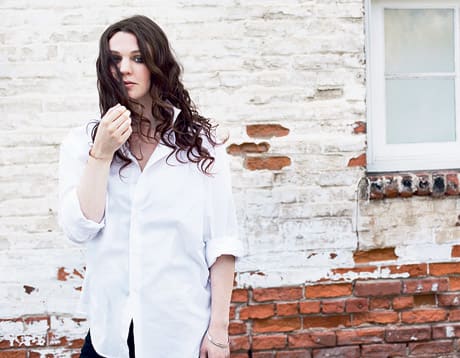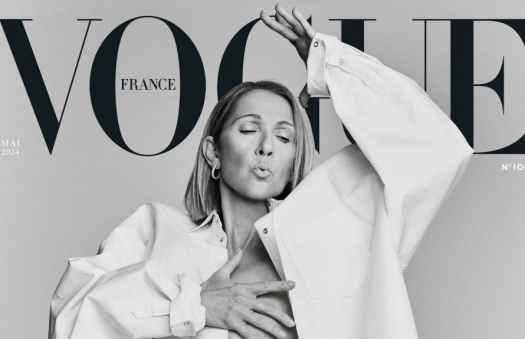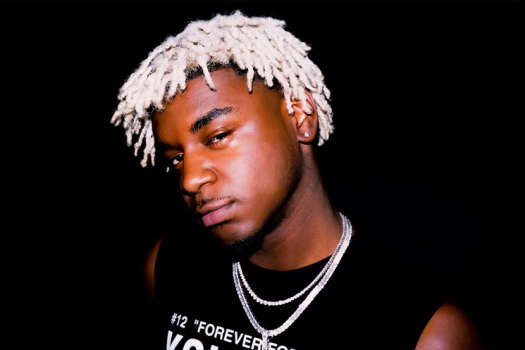After self-releasing four albums in six years, Amelia Curran has been welcomed into the Six Shooter fold to birth her fifth disc, the beautifully haunting Hunter, Hunter. With a voice tight with tension, as though straining against invisible bonds, Curran zeroes in on the anger and disappointment that so often accompany love. Wry, theatrical touches interspersed throughout the album ease the pressure of the grief that hangs over tearjerkers like "Bye, Bye Montreal," "Julia" and the unbearably wrenching "Mad World, Outlive Me." With impeccable timing, cabaret-inspired numbers like "The Company Store" and "The Dozens" shimmy in and elevate the album from its swamp of delicious anguish. Amongst the disc's many highlights are "The Mistress," which tells the story of a woman possessed, and the gently, rootsy but emotionally frayed "Wrecking Ball." Delicate musical embellishments come courtesy of piano, accordion, plucked banjo and the robust vocal harmonies of Newfoundland trio the Once. With several ECMA nominations under her belt already, most recently for 2006's acclaimed War Bride, Curran is sure to gather a few more kudos. The compelling melodies and thoughtful lyricism of this collection are best consumed with a pair of headphones and a tall glass of whiskey.
Songs like "The Company Store" and "The Dozens" have a cabaret feel to them. That must be a fun direction to go in as a musician.
It's a lot of fun. I feel like that's the other kind of song that I write. And I also think that kind of ironic accordion thing might even be the sound of Canadian folk music. We're all so confused as to the identity of Canadian folk but if you look at the major players on the scene there's a lot of that kind of stuff going on. But I love to write a song like that. I have a lot of fun with "The Company Store." I feel like having other singers sing on the chorus is like pulling a Leonard Cohen, and I'm pretty excited about it.
So why did you go in the cabaret direction?
I think I've always written that kind of song. On War Brides, "All the Ladies" is kind of cabaret. Sometimes I really need to alleviate the major, analytical, tear-jerking folk song. I just have a lot of fun with those rhythms and those sultry minor chords. You can express more of the inexpressible and get more of a character thing going on with that jolly kind of tempo.
Are you happy with the progress you've made since War Brides?
War Brides was a tough one to follow up for me because it surprised me. I mean, it did so well and we've been calling it "the little album that could" and it's gathered all these lines of support and people really attached themselves to that album. And then I had to follow that up. And I was very nervous because I've been independent for so long. And so Hunter, Hunter is the first thing that I've really had to deliver, and with the label and also with the people who enjoyed War Brides, it's almost like waiting for that approval, which is nerve-wracking. I've never gone through it before.
Do you feel you grow as a lyricist with each album?
For sure. My lyricism has got to get better or I'm not doing my job. Also, when you're writing about really ethereal things, like love and disappointment, it's not cut and dried stuff, so you're stuck in this world of similes and metaphors. I find the things I'm writing about are more and more complicated and ethereal, and so I get to be more analytical, which is torture, and a lot of fun.
What challenges do you feel you face as a folk artist in the present day music world?
Well, there's the struggle of not really knowing what folk music is. So many of us refer to our music as "folk music" but we can be on completely different pages and yet still identify as folk musicians. And that's kind of tough. The "singer-songwriter" thing is also tough because it's definitely a genre, and people know what it sounds like, and I do fit in there but what is that? What does it mean? I don't know. I used to call my music "folk music that drinks." And sometimes it's helpful to differentiate between folk music and traditional music, which are decidedly not the same thing. One of the guys I play with in St. John's (Andrew Dale), he's a traditional musician who plays all kinds of things - bouzouki, mostly - and he pointed that out to me the first time. I find it helpful to differentiate between traditional folk and just plain folk. Not new folk, not Canadiana or anything like that. It's just a form of music with a lot of pockets.
(Six Shooter)Songs like "The Company Store" and "The Dozens" have a cabaret feel to them. That must be a fun direction to go in as a musician.
It's a lot of fun. I feel like that's the other kind of song that I write. And I also think that kind of ironic accordion thing might even be the sound of Canadian folk music. We're all so confused as to the identity of Canadian folk but if you look at the major players on the scene there's a lot of that kind of stuff going on. But I love to write a song like that. I have a lot of fun with "The Company Store." I feel like having other singers sing on the chorus is like pulling a Leonard Cohen, and I'm pretty excited about it.
So why did you go in the cabaret direction?
I think I've always written that kind of song. On War Brides, "All the Ladies" is kind of cabaret. Sometimes I really need to alleviate the major, analytical, tear-jerking folk song. I just have a lot of fun with those rhythms and those sultry minor chords. You can express more of the inexpressible and get more of a character thing going on with that jolly kind of tempo.
Are you happy with the progress you've made since War Brides?
War Brides was a tough one to follow up for me because it surprised me. I mean, it did so well and we've been calling it "the little album that could" and it's gathered all these lines of support and people really attached themselves to that album. And then I had to follow that up. And I was very nervous because I've been independent for so long. And so Hunter, Hunter is the first thing that I've really had to deliver, and with the label and also with the people who enjoyed War Brides, it's almost like waiting for that approval, which is nerve-wracking. I've never gone through it before.
Do you feel you grow as a lyricist with each album?
For sure. My lyricism has got to get better or I'm not doing my job. Also, when you're writing about really ethereal things, like love and disappointment, it's not cut and dried stuff, so you're stuck in this world of similes and metaphors. I find the things I'm writing about are more and more complicated and ethereal, and so I get to be more analytical, which is torture, and a lot of fun.
What challenges do you feel you face as a folk artist in the present day music world?
Well, there's the struggle of not really knowing what folk music is. So many of us refer to our music as "folk music" but we can be on completely different pages and yet still identify as folk musicians. And that's kind of tough. The "singer-songwriter" thing is also tough because it's definitely a genre, and people know what it sounds like, and I do fit in there but what is that? What does it mean? I don't know. I used to call my music "folk music that drinks." And sometimes it's helpful to differentiate between folk music and traditional music, which are decidedly not the same thing. One of the guys I play with in St. John's (Andrew Dale), he's a traditional musician who plays all kinds of things - bouzouki, mostly - and he pointed that out to me the first time. I find it helpful to differentiate between traditional folk and just plain folk. Not new folk, not Canadiana or anything like that. It's just a form of music with a lot of pockets.




